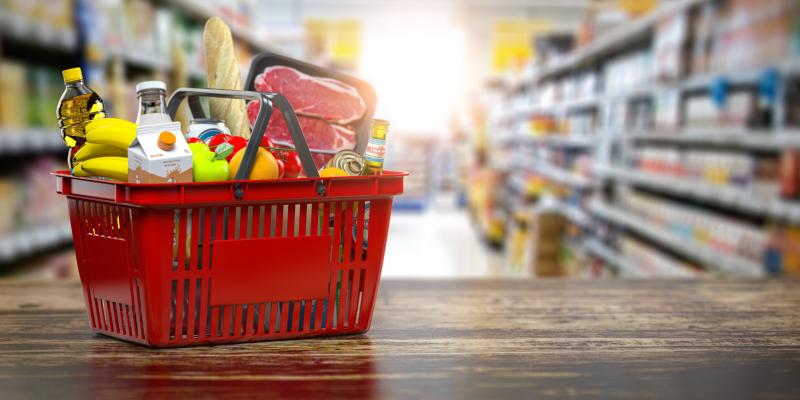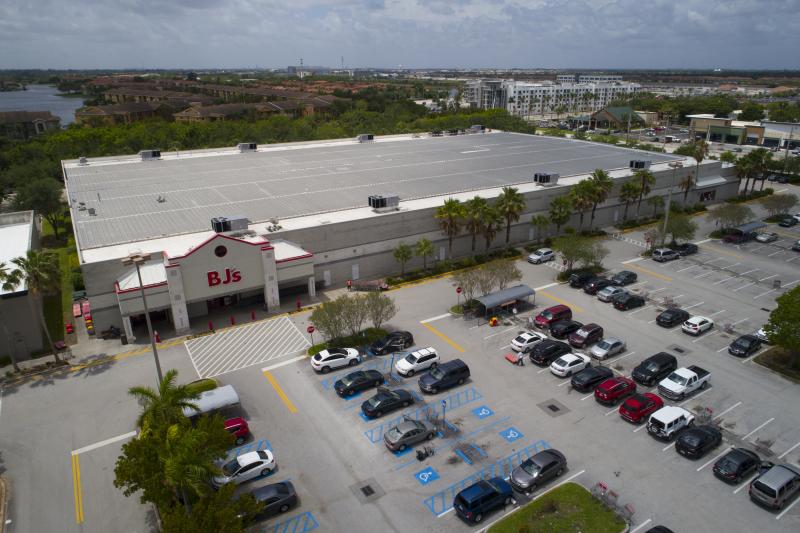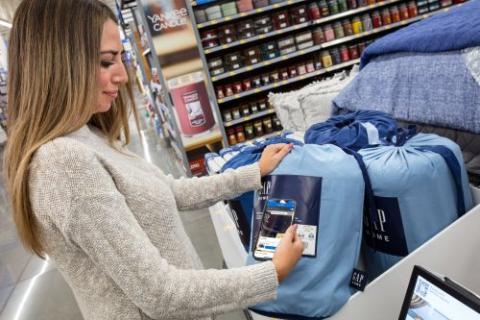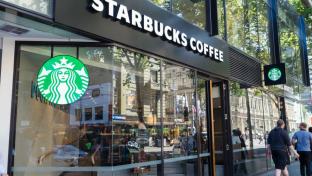Retail Grocery Updates: BJ’s and Hy-Vee’s Growth Plans, Walmart’s Digital Store Pivot, and Albertsons’ New Wellness App
It’s no secret that the retail landscape has grown increasingly complicated as we head further into 2023, particularly across grocery. Amazon is pulling back on its supermarket expansion while other companies like Save a Lot and Giant Eagle are continuing to accelerate innovation through tech investments in this segment.
While continued volatility throughout the year in response to high inflation and other economic headwinds are surely in the cards, retail grocery is responding in myriad ways. Here’s a few recent updates:
BJ’s
BJ’s is continuing on its growth trajectory, expanding new club locations in the next few months, which includes an inaugural club in Tennessee. The company also has plans to open up shop in Davenport, FL, and McDonough, GA, by the end of month.
The company expects these openings to lead to an estimated 150 new jobs per location. Each store will continue to offer digital shopping capabilities, including in-club shopping, curbside pickup, in-club picking, same-day delivery, and standard delivery from the company’s website. Also, members can use ExpressPay through the BJ’s mobile app in order to avoid lengthy checkout lines and simply scan as they shop.
“Our club openings in Davenport and McDonough are part of our continued growth within the Orlando and Atlanta markets, respectively,” said Bill Werner, executive vice president, strategy and development, at BJ’s Wholesale Club, in a statement. “Additionally, the opening of our club in La Vergne represents the first of what will be multiple locations in the greater Nashville market. We can’t wait to welcome our newest BJ’s members this year and help provide these local communities with unbeatable value and incredible savings.”
Hy-Vee
Hy-Vee, Inc. is also expanding its footprint, adding two new stores in Wisconsin, with the Janesville store featuring a reimagined grocery layout. Hy-Vee has also opened up a new store in Oregon.
The more than 97,000-square-foot Janesville store will have a significantly larger tech focus with all-digital shelf labels, displaying product information and pricing, along with more than 50 televisions featuring Hy-Vee products, promotions, and services. Additionally, the store will have digital kiosks available, allowing consumers to order cakes and fresh prepared foods and access Hy-Vee Financial Services. Lastly, the store will also feature new mobile payment tech with Hy-Vee Scan & Go in addition to its self-checkout options.
Additional highlights include a new dining experience with a large food hall including a full-service bar, a full-service bakery and delicatessen, a Pair eyewear kiosk, and a Hy-Vee Wine and Spirits department with a walk-in beer cooler and climate-controlled wine room, among other offerings.
The new Janesville Hy-Vee will create more than 631 local jobs, including 146 full-time positions.
Walmart
Walmart is taking a different approach as it continues to pivot toward a new store model. The company recently announced it would be closing several stores across multiple states in response to financial underperformance.
According to sister brand Retail Leader, these include some stores in Albuquerque, NM; Homewood, IL; Plainfield, IL; Milwaukee, WI; and Pinellas Park, FL — with a closing date of March 10. Walmart will also be closing its Chicago-area pick-up-only concept stores in Lincolnwood and Bentonville, IL, on Feb. 17.
Instead, the company is investing more heavily in digital capabilities, expanding its new store design that it first tested last year to six more of its U.S. supercenters. This new model includes increased digital touchpoints like in-store QR codes, interactive displays, store-within-a-store shops, and an increased focus on merchandising.
Additionally, at the end of last year, Walmart announced another avenue for purchasing in this “everywhere commerce” world with Text to Shop — a capability that has been in the works for several years.
While the retailer has trimmed back in some areas, it continues to scale in other efforts, including its marketplace platform, which is currently offering several limited-time offerings, and through Sam’s Club, which is opening 30 new locations nationwide over the next few years.
Albertsons
Like Walmart, Albertsons has its eye toward digital innovation, recently announcing a digital health and wellness platform that consumers can access across 16 of the company’s banner grocery apps, including Albertsons, Safeway, Vons, Shaw’s, Jewel-Osco, Acme, Tom Thumb, and more.
The Sincerely Health platform (built by healthcare providers, insurance companies, and tech organizations with a focus on well-being) personalizes nutrition by allowing shoppers to participate in a brief questionnaire that measures their Health Score, taking into account age, gender, nutrition, lifestyle choices, and mental health.
It can integrate with activity trackers like Apple Health, Fitbit, and Google Fit to log vitals and medications, and also offers online pharmacy access where they can manage prescriptions, schedule vaccine appointments, and connect with telehealth services.
Those who sign up will receive $25 off an upcoming grocery purchase (redeemable across Albertsons’ banner stores). Participants can also earn additional points by completing additional actions like setting a health goal or responding to a health recommendation.
“We are introducing Sincerely Health with a singular intention to improve lives,” said Omer Gajial, chief digital officer and EVP Health at Albertsons Cos. “As a grocery and pharmacy retailer committed to the health and wellness of our communities, we are empowering customers to have a connected and personalized view of their health across food, nutrition, activity, mental well-being and pharmacy services, enabling them to make more informed choices.”
- Kroger & Albertsons
Talks of a merger still remain, with plans to sell between 250 and 300 stores reportedly on the table to alleviate U.S. antitrust concerns, according to sources cited by Reuters.
Kroger and Albertsons operate a total of 4,996 stores and according to these sources, the stores they may sell could be worth more than $1 billion — located across all regions where they operate, such as the Pacific Northwest, Southern California, Phoenix, and Chicago.
The two companies filed to merge in early 2024, announced last year. This would establish a significant, nationwide presence that could reshape the supermarket environment if approved.








